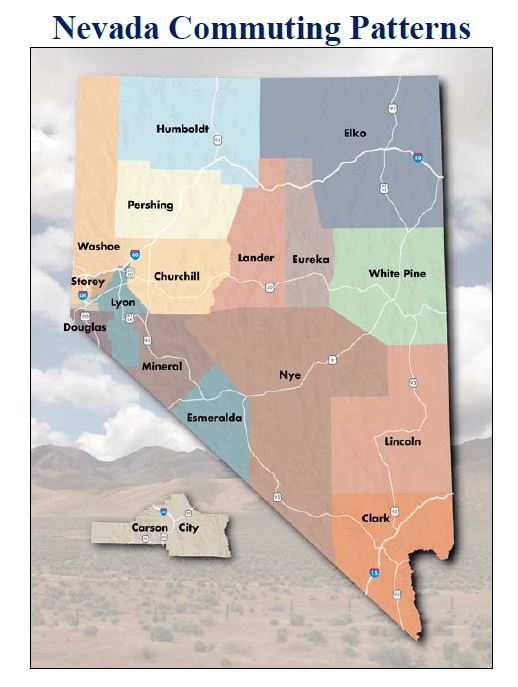$1.5 Billion in CARES Act Funds
Available to Aid Communities Impacted by COVID-19 Pandemic
The Economic Development Administration (EDA) has begun taking applications for Coronavirus Aid, Relief, and Economic Security Act (CARES Act) supplemental Funds (EDA CARES Act Recovery Assistance). Grant funds are available to eligible communities and intended to assist in the prevention, preparations for, and response to the novel coronavirus.
The EDA has allocated $1,467,000,000 of the $1.5 Billion to be disbursed among its offices:
Atlanta Regional Office – $248,000,000
Austin Regional Office – $236,000,000
Chicago Regional Office – $225,000,000
Denver Regional Office – $193,000,000
Philadelphia Regional Office – $259,000,000
Seattle Regional Office – $266,000,000
(Alaska, Washington, Oregon, Idaho, California, Hawaii and Nevada)
Headquarters – $40,000,000
The remaining funds will be transferred to cover salaries and expenses, and oversight activities.
EDA’s CARES Act Recovery Assistance is designed to provide a wide-range of financial assistance for both non-construction and construction activities, including a Revolving Loan Fund, in regions across the country experiencing severe economic dislocations brought about by the coronavirus pandemic.
An update Addendum to the FY 2020 Public Works and Economic Adjustment Assistance Notice of Funding Opportunity (FY20 PWEAA NOFO) for the CARES Act Recovery Assistance has been published and addresses:
Filing Date
This funding opportunity (PWEAA2020) has no submission deadlines, and EDA intends to review applications within 60 days of receipt. Applications will be accepted on an ongoing basis; however, they are subject to change with the publication of a new PWEAA NOFO, cancellation of the current PWEAA NOFO, or all available funds have been expended.
Project Types
• Economic recovery planning
• Economic dislocations caused by the coronavirus pandemic
• Preparing or updating resiliency plans to respond to future pandemics
• Implementing entrepreneurial support programs to diversify economies, and constructing public works and facilities that will support economic recovery, including the deployment of broadband for purposes including supporting telehealth and remote learning for job skills.
A comprehensive description of project types can be found in Section E of the FY20 PWEAA NOFO.
Eligible Applicants
• District Organization of an EDA designated Economic Development District
• Indian Tribe or a consortium of Indian Tribes • State, county, city, or other political subdivision of a State, including a special purpose unit of a State or local government engaged in economic or infrastructure development activities, or a consortium of political subdivisions
• Institution of higher education or a consortium of institutions of higher education
• Public or private non-profit organization or association acting in cooperation with officials of a political subdivision of a State
Comprehensive Economic Development Strategy (CEDS) Requirements
Except for a “Strategy Grant” to develop, update, or refine a CEDS, each project must be consistent with the region’s current CEDS or equivalent EDA-accepted regional economic development strategy that meets EDA’s CEDS or strategy requirements. In certain circumstances, EDA may accept a non-EDA-funded CEDS that does not contain all the elements EDA requires of a CEDS.
See Section A.3. of the FY20 PWEAA NOFO.
Cost Sharing/Matching
Generally, the EDA expects to fund at least 80%, and up to 100%, of eligible project costs. Additionally, EDA may establish a maximum investment rate of up to 100% for projects of Indian Tribes. Any portion of the costs for the EDA scope of work funded below 100% must be borne by the recipient or provided to the recipient by a third party as a contribution for the purposes of and subject to the terms of the award. The applicant is responsible for demonstrating that a grant rate above 80% is justified.
See Section C.2 of the FY20 PWEAA NOFO for a complete description.
FY20 PWEAA NOTICE OF FUNDING OPPORTUNITY
CARES Act Info Flyer
 Michael Dominguez and Thomas R. Harris have just released a technical report containing valuable data on Commuting Patterns in Nevada.
Michael Dominguez and Thomas R. Harris have just released a technical report containing valuable data on Commuting Patterns in Nevada.
 Economic Recovery Coordinator
Economic Recovery Coordinator